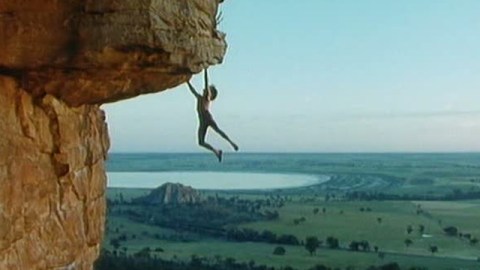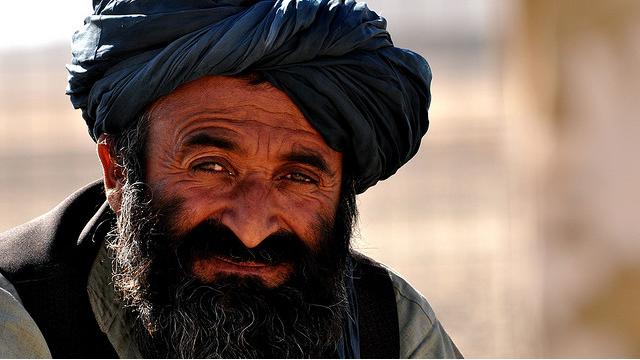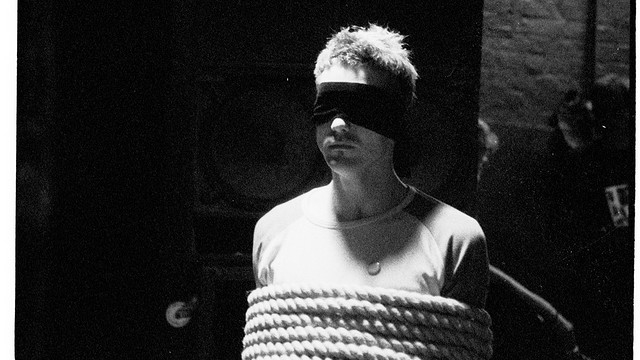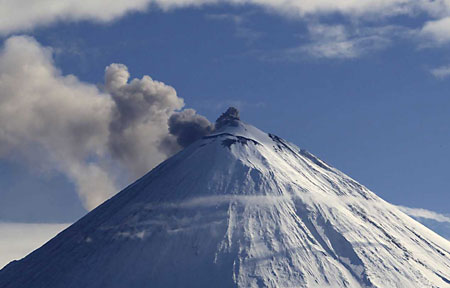Ultimate Survivor Stories (Part 1)

To what lengths would you go to survive in the face of death? Could you amputate your own arm to free it from beneath a boulder? Could you survive 10 weeks in the harsh Australian outback, subsisting just on grasshoppers, frogs, and leeches? At what point would you give up?
As part of our new four-part Ultimate Survivor Stories series, Big Think spoke with men who faced this very question and survived to tell their story. Everyday this week, we will present an interview with a different survivor—ranging from journalist Jere Van Dyk who spent 45 days held captive by the Taliban to Guardian Angels founder Curtis Sliwa who clawed his way through the front window of a cab despite having been shot repeatedly by mafia gunmen to Stanley Alpert, a former federal prosecutor who was mugged and kidnapped and used his wits to convince his captors to release him.
Our series begins today not with an individual survivor story, but rather with an expert on the limits of human survival. Laurence Gonzales is the author of the bestselling “Deep Survival,” which takes a scientific look at why some people make it through extreme situations while others with the same resources do not. Gonzales tells Big Think that he first became interested in this topic because his father, a WWII combat pilot, had survived the war, while the other nine members of his crew had not. When Gonzales began the research for his book, he came across case after case of people who should have survived but did not and of those who should not have lived but miraculously did: “Search and rescue people would go out and they would find someone dead who was in possession of all the equipment he needed to survive and yet hadn’t used it for some peculiar reason. Conversely, they would find someone alive who they had expected to find dead, and this person would be in possession of none of the equipment they needed to survive.”
Gonzales hypothesized that there must be some innate set of characteristics that makes people good survivors. After surveying many cases of extreme survival, he concluded that there are 12 traits of good survivors, including persistence, organization, being well informed, and most importantly the ability to stay calm in the face of possible death. Another interesting trait that he noted was that survivors tended to be socially connected: “I’ve talked to a lot of survivors who said that at the moment of truth they said to themselves, ‘I have to get back to see my son,’ or ‘I couldn’t do this to my wife; if I died, it would be horrible for her.'” Knowing that their loved ones would suffer if they did not survive pushed these men and women beyond what is normally possible.
There are of course limits to what the human body can endure. The rule of thumb is that humans can last three minutes without air, three days without water, and three weeks without food, Gonzales tells us. But there are cases of people who have gone for nine days without water. Much of survival is mental, Gonzales believes. “There is definitely a phenomenon of giving up,” he says. And once you give up, it’s over.
Gonzales believes that learning how to be a better survivor can actually help with everyday life, because ultimately survival is about how you think and make decisions. “Reason and emotion work like a seesaw: the higher the emotion, the lower your ability to reason,” he says. “In a high state of stress, you literally can’t remember your own phone number.” So whether your business is going bankrupt, you’re going through a divorce, or you’re being diagnosed with cancer, learning to deal with stress while remaining calm will lead to clearer thinking and better decisions from mundane to life-and-death situations.





